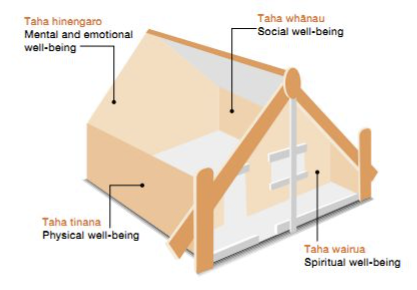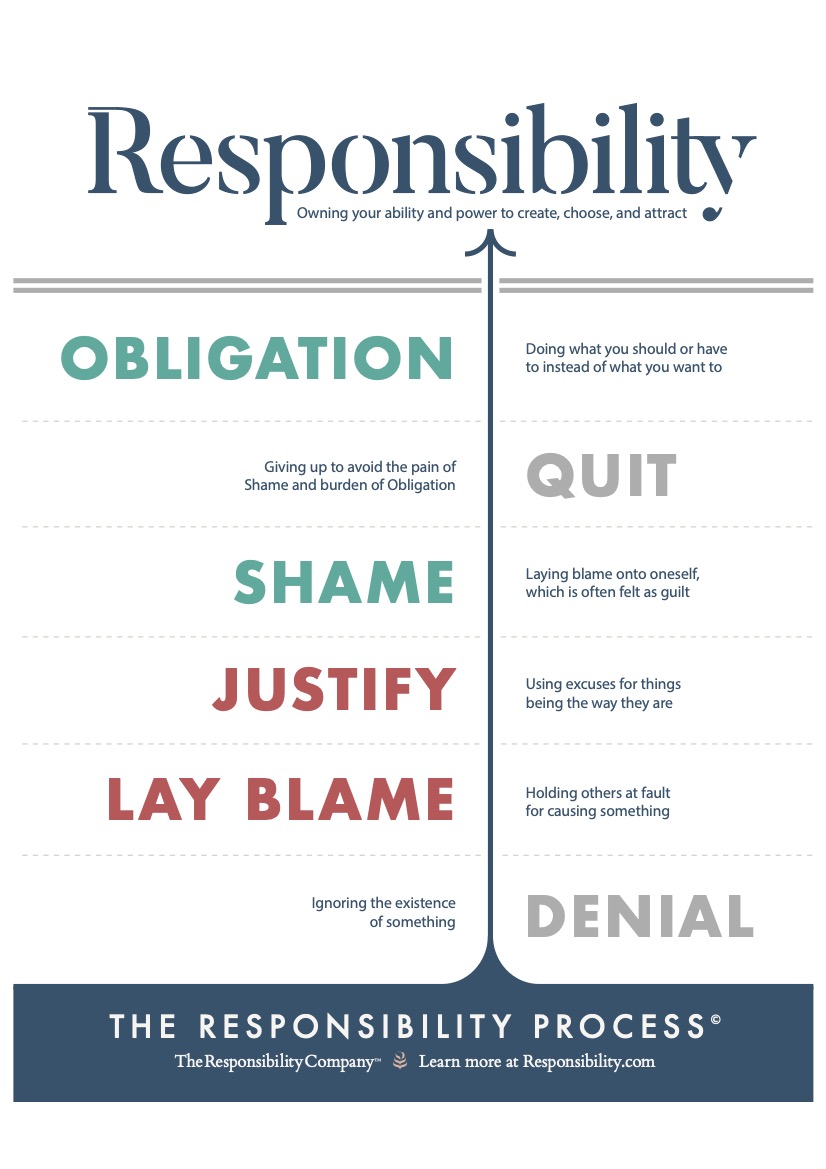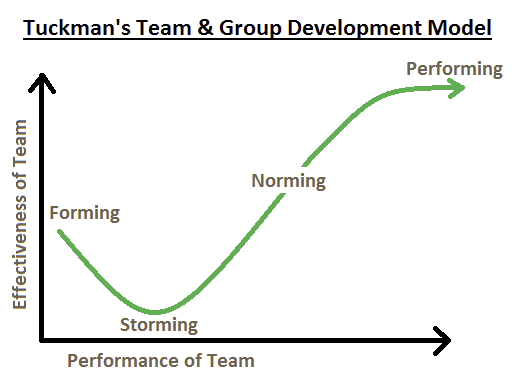To be a regenerative company, we must have a redefined well-being culture. Our progressive health and well-being policy is built on the foundation of holistic care, promoting physical, mental, and emotional wellness.
It embraces a proactive approach by providing comprehensive resources, education, and support to empower employees to make positive lifestyle choices, fostering a thriving and balanced work environment. Below, I outline four of the things that we do differently.
1. Hauora – Well-being.

Hauora – Well-being
Well-being encompasses health's physical, mental, emotional, social and spiritual dimensions. The World Health Organisation recognises this concept. Hauora is a Maori philosophy of health unique to NZ. It comprises Taha tinana, Taha hinengaro, Taha whanau and Taha wairua. Each of these four dimensions of Hauora influences and supports the others.
Taha tinana (physical health)
The capacity for physical growth and development. Good physical health is required for optimal development. Our physical 'being' supports our essence and shelters us from the external environment. The physical dimension is just one aspect of health and well-being and cannot be separated from the aspects of mind, spirit and family.
Taha wairua (spiritual health)
Is the capacity for faith and broader communication Health is related to unseen and unspoken energies. The spiritual essence of a person is their life force. This determines us as individuals and as a collective, who and what we are, where we have come from and where we are going. Traditional analysis of physical manifestations of illness will focus on the wairua or spirit to determine whether damage here could be a contributing factor.
Taha whānau (family health)
It is the capacity to belong, care and share where individuals are part of wider social systems. Whānau provides us with the strength to be who we are. This is the link to our ancestors, our ties with the past, the present and the future. Understanding the importance of whānau and how whānau (family) can contribute to illness and assist in curing illness is fundamental to understanding health issues.
Taha hinengaro (mental health)
The capacity to communicate, think and feel mind and body are inseparable. Thoughts, feelings and emotions are integral components of the body and soul. This is about how we see ourselves in this universe, our interaction with that which is uniquely grounded in Māori or Fravashi and the perception that others have of us.
2. The Responsibility Process
"No one thinks about personal responsibility when things go well.
The Responsibility Process kicks in when something goes wrong, large or small (for example, lost keys or a lost retirement account). The mind offers Lay Blame as a reason. If you accept blame as a sufficient reason, you will act on that blame. If you don't accept it, your mind offers an excuse (Justify). And so on. Thus, taking personal responsibility is a step-wise process of refusing to act on a series of irresponsible thoughts that your mind offers up."
Based on extensive field studies, the Responsibility Process provides insights into how individuals mentally process responsibility-related thoughts, encompassing both avoidance and acceptance.
It serves as a fundamental element of choice, freedom, and empowerment. By understanding and applying The Responsibility Process, individuals, teams, and organisations gain a framework for learning and growth.

3. The Tuckman Model
Building resilience in a team is a dynamic and ongoing process that often starts from the first day the team begins to form. It's important to understand that resilience is not just about individuals but also about the collective ability of the team to adapt, cope, and thrive in the face of challenges and change. When processes and culture shift within a team or organization, breakdowns can occur, and resilience is tested.
"Team Storming and Forming", is a term that refers to two stages of team development within Tuckman's model of group development. The storming and forming stages are critical for establishing a solid foundation of trust, communication, and collaboration within the team, laying the groundwork for further progress and eventual team performance. By recognising these stages, we can proactively address conflicts, foster open dialogue, and guide the team towards effective conflict resolution strategies. This promotes a healthier and more productive work environment.

These stages are as follows:
Forming: This initial stage occurs when a team is formed or brought together. During this stage, team members may be polite and cautious as they get to know each other. There may be a sense of uncertainty, and individuals may seek clarification on their roles and responsibilities within the team. The team leader facilitates introductions, establishes goals, and creates a positive team culture using a miro board we built to create personal working agreements.
Storming: As the team works together more closely, conflicts and disagreements may arise during the storming stage. This is a natural part of the team development process as individuals express their ideas, challenge each other's viewpoints, and negotiate their roles within the team. Effective communication, active listening, and conflict-resolution skills are essential during this stage. The team leader must foster open dialogue and constructively encourage conflict resolution.
4. Just Enjoy
Taking care of your mental well-being is essential, and there are several actions you can take to prioritise and protect it. Firstly, setting clear boundaries between work and personal life can help maintain a healthy balance. Establishing designated working hours, avoiding excessive overtime, and ensuring time for relaxation and self-care outside of work can contribute to overall well-being.
Siddha Maha Yoga is a simple yet powerful meditation technique. It's so easy that anyone, yes, anyone, can do it. It doesn't require a specific pose, a mantra, or even an uncomfortable posture. Yet it's so impactful that it's like getting 30 years of meditation experience in 1 hour. People who practice regularly find that their lives become ineffably joyous. It's free to learn.